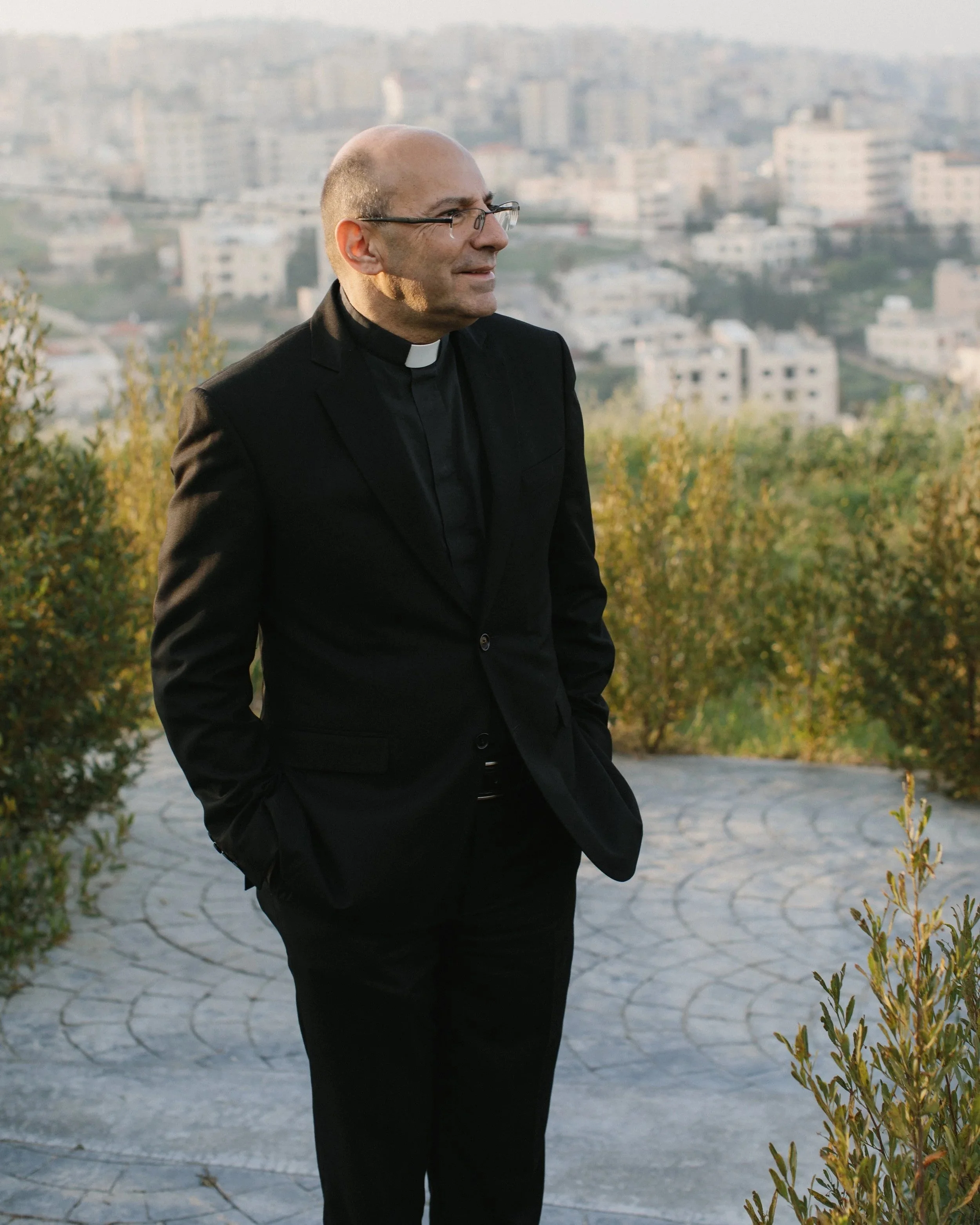A Fragile Ceasefire, a Fierce Hope: Palestinians Embrace a New Dawn
After years of enduring violence and hardship, a new ceasefire has been declared in Palestine — and this one carries renewed hope. While the memory of broken truces lingers, Palestinians in Gaza and the West Bank are once again choosing resilience, community, and the pursuit of justice.
When the first ceasefire was announced in January 2025, the world held its breath. It was intended as a humanitarian pause — a moment to allow aid to reach families, care for the injured, and provide brief relief. At that time, Rev. Dr. Mitri Raheb, a Palestinian theologian and advocate for peace, reflected on this moment:
“A wave of joy has swept through Gaza following the announcement of a ceasefire! It’s hard not to wonder why it took so many harrowing months to save lives, but today we unite in celebration with our resilient people in Gaza. This moment, while hopeful, is also a cautious one—we understand that this is just a fragile beginning in a much longer journey toward true freedom, justice, and lasting peace. However, this realization does not deter us; instead, it strengthens our resolve. We are committed to bringing healing, fostering empowerment through education, and igniting hope within our community as we navigate the road ahead.”
That brief pause did not last. Violence resumed, and humanitarian needs intensified. Yet the unyielding spirit Rev. Dr. Raheb highlighted never disappeared. Ten months later, the call for peace resonates with new urgency. Suffering has reached critical levels, but global awareness has grown. From local communities to international platforms, people around the world are raising their voices in support of Palestinian rights, demanding not just an end to violence but a path toward dignity, self-determination, and lasting peace.
This renewed ceasefire must be understood as the beginning, not the end, of a larger process. Today, 15 U.S. journalists visited Dar al-Kalima University, highlighting the importance of understanding the human realities behind headlines and policies. Likewise, proposed frameworks, like the current 20-point plan, can be a starting point — but they must be centered on Palestinian priorities, not framed around concessions Palestinians are forced to make. True peace requires respect for self-determination, justice, and human rights in Gaza, the West Bank, and throughout Palestine. As Rev. Dr. Mitri Raheb has often stated: "The Bible says blessed are the peacemakers, not the peace sayers. So we need less peace talkers and more peace doers.”
In both Gaza and the West Bank, communities continue to rebuild lives amid uncertainty. Teachers reopen classrooms, families sustain traditions, and children dare to dream of futures free from fear. Hope here is not passive; it is revolutionary. It is the force that sustains communities, strengthens resilience, and continues to light a path toward justice and freedom.
At Bright Stars of Bethlehem, our vision is that all Palestinians have life in abundance — a life filled with dignity, opportunity, and peace. Our guiding belief is simple yet profound: hope is what we do. Through education, the arts, and community programs, we work every day to empower Palestinians and support the ongoing struggle for freedom and equality.
As the global community bears witness, this ceasefire must be more than a temporary pause. It is an opportunity to amplify Palestinian voices, to continue education and advocacy, and to honor the courage and perseverance of communities across Gaza and the West Bank.
Now is the time to turn solidarity into action. We invite you to join us in supporting Palestinians, to stand with those pursuing life in abundance, and to help transform fragile hope into an enduring and real peace and justice after more than 75 years of occupation and oppression.


